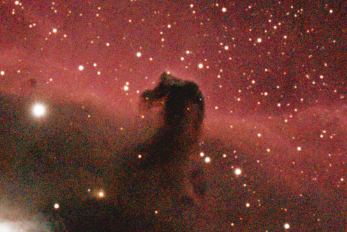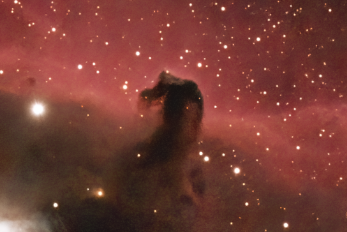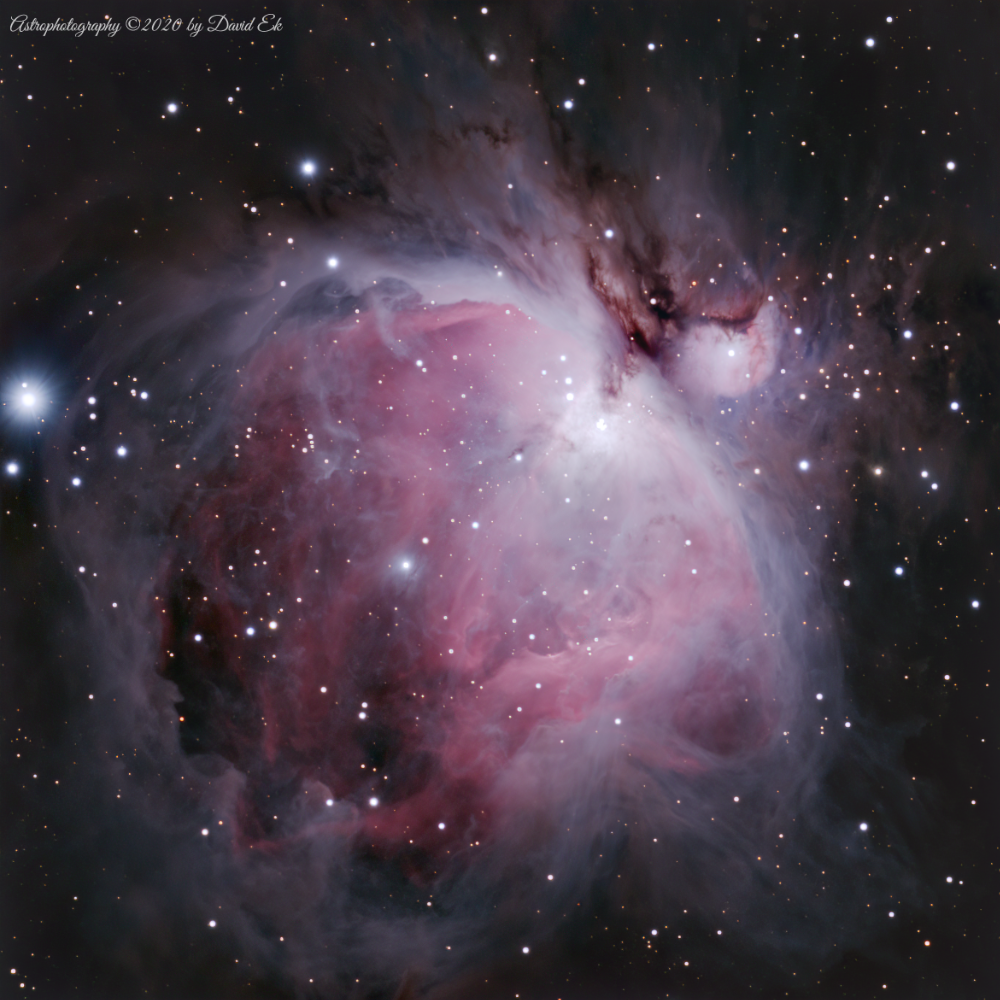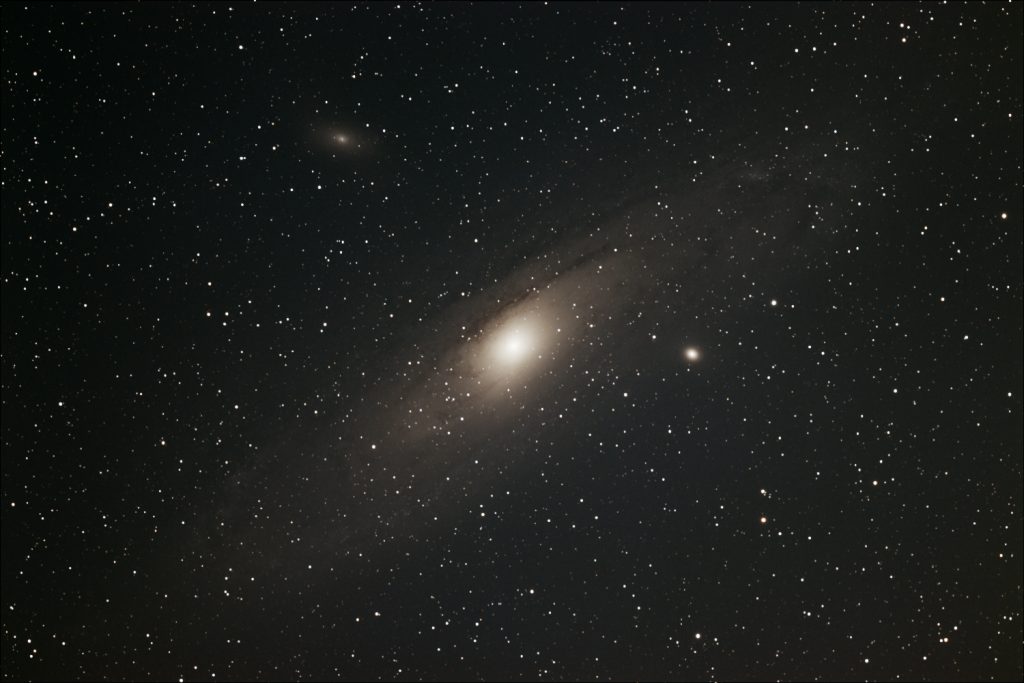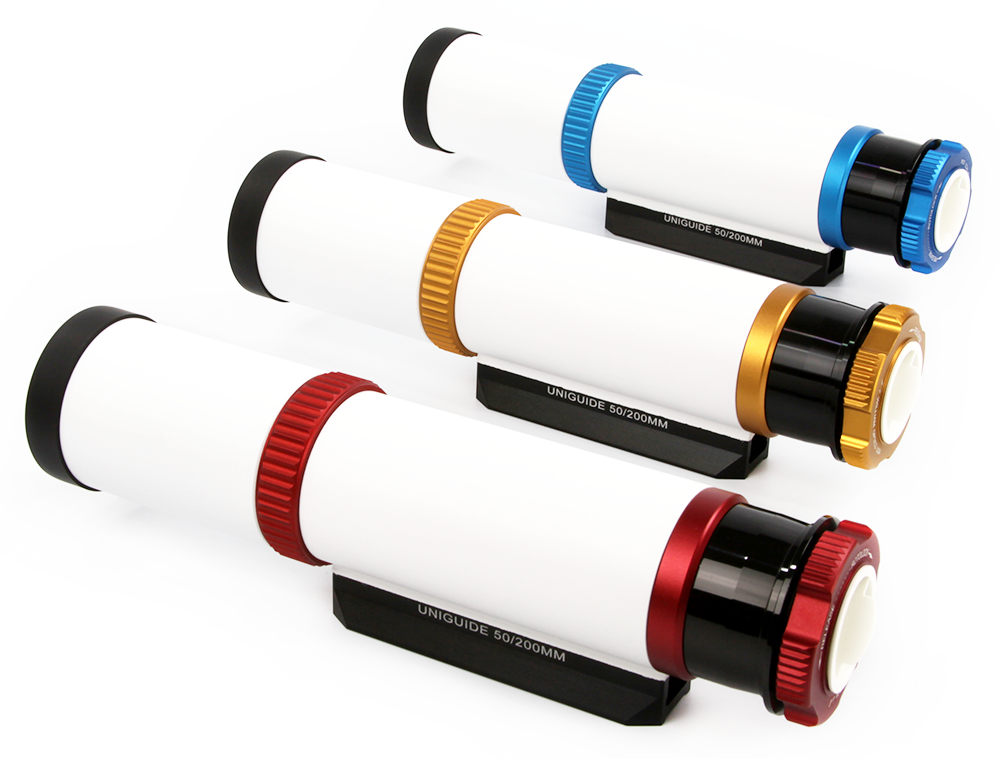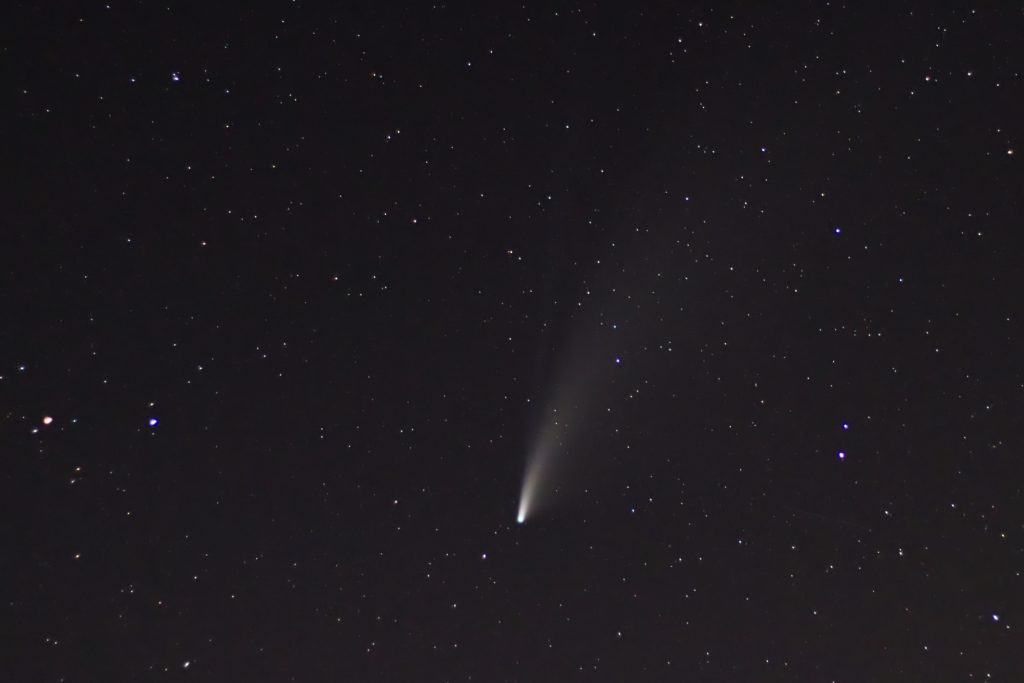UPDATE: The firmware appears to have been updated to fix this bug. See the note at the end of this post.
The other evening I was doing some imaging using my refractor on my iOptron GEM45 mount, and ran into a bit of a snag. I use N.I.N.A to manage my imaging runs, and I set up N.I.N.A and the iOptron ASCOM driver (iOptron Commander) together to handle the meridian flip needed during the imaging run. But while the meridian flip had worked just fine in previous imaging sessions, this time the meridian flip failed, and I had to manually intervene. But why?
Continue reading
